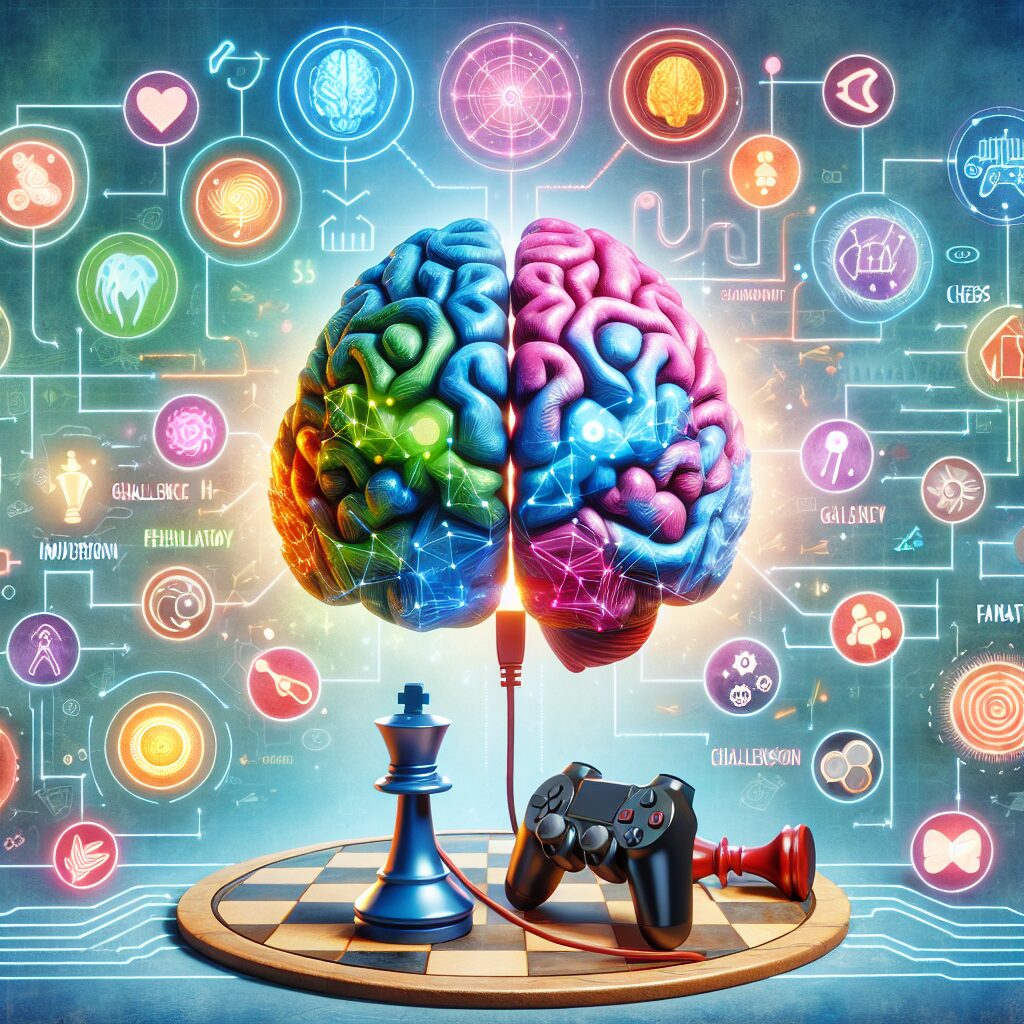
The Role of Rewards and Reinforcement in Gaming
Have you ever wondered why you can spend hours upon hours playing video games without getting bored? Or why you feel a sense of accomplishment when you level up or complete a difficult quest? The answer lies in the psychology of gaming and the role of rewards and reinforcement.
Rewards and reinforcement play a crucial role in keeping us engaged and motivated in gaming. When we play a game, we are often rewarded for our efforts, whether it’s earning points, unlocking new levels, or receiving virtual items. These rewards act as positive reinforcement, encouraging us to continue playing and striving for more.
Think about it – when you first start playing a game, you are usually introduced to a simple task or challenge. As you complete it, you are rewarded with a small achievement or a sense of progress. This initial reward triggers a release of dopamine in our brains, a neurotransmitter associated with pleasure and motivation. This surge of dopamine creates a positive association with the game, making us want to continue playing to experience that same feeling again.
But it’s not just the initial rewards that keep us hooked. Game developers have become masters at designing reward systems that keep us engaged for the long haul. They often use a technique called intermittent reinforcement, where rewards are given out at unpredictable intervals. This creates a sense of anticipation and excitement, as we never know when the next reward will come. It’s like playing a slot machine – we keep pulling the lever, hoping for a big win, even if we know the odds are against us.
In addition to intermittent reinforcement, games also utilize a concept called progressive reinforcement. This means that as we progress through the game, the rewards become more challenging to obtain. This creates a sense of achievement and mastery, as we feel a sense of pride when we overcome difficult obstacles or defeat powerful enemies. It’s this sense of progression and growth that keeps us coming back for more, as we want to see how far we can go and what new rewards await us.
But rewards and reinforcement aren’t the only factors that draw us into gaming. Games also provide us with a sense of escapism and social connection. When we play a game, we can temporarily leave behind the stresses and responsibilities of the real world and immerse ourselves in a different reality. We can become a hero, a warrior, or a master strategist, experiencing things we may never be able to do in real life.
Furthermore, gaming has become a social activity, with multiplayer games allowing us to connect and interact with other players from around the world. We can form alliances, compete against each other, or simply chat and have fun together. This social aspect adds another layer of enjoyment and motivation to gaming, as we seek to connect with others and be part of a community.
In conclusion, the psychology of gaming is a fascinating field that helps us understand why we are so drawn to video games. The role of rewards and reinforcement cannot be underestimated, as they provide us with a sense of accomplishment, motivation, and pleasure. Additionally, the escapism and social connection that gaming offers further enhance our gaming experience. So the next time you find yourself immersed in a game, remember that it’s not just the graphics or gameplay that keep you hooked – it’s the psychology behind it all.

